The Oregon Legislature finished passing a bill on Friday that would reverse the decriminalization of small amounts of drugs. Previously, the state had been mostly overlooking the possession of street drugs among residents because of a passed ballot measure that was the first in the nation and a major win for legalization advocates.
This bill’s passage comes as Oregon and many states are currently dealing with the consequences of a massive drug overdose crisis and are unsure of the correct response.
Senate and House Votes
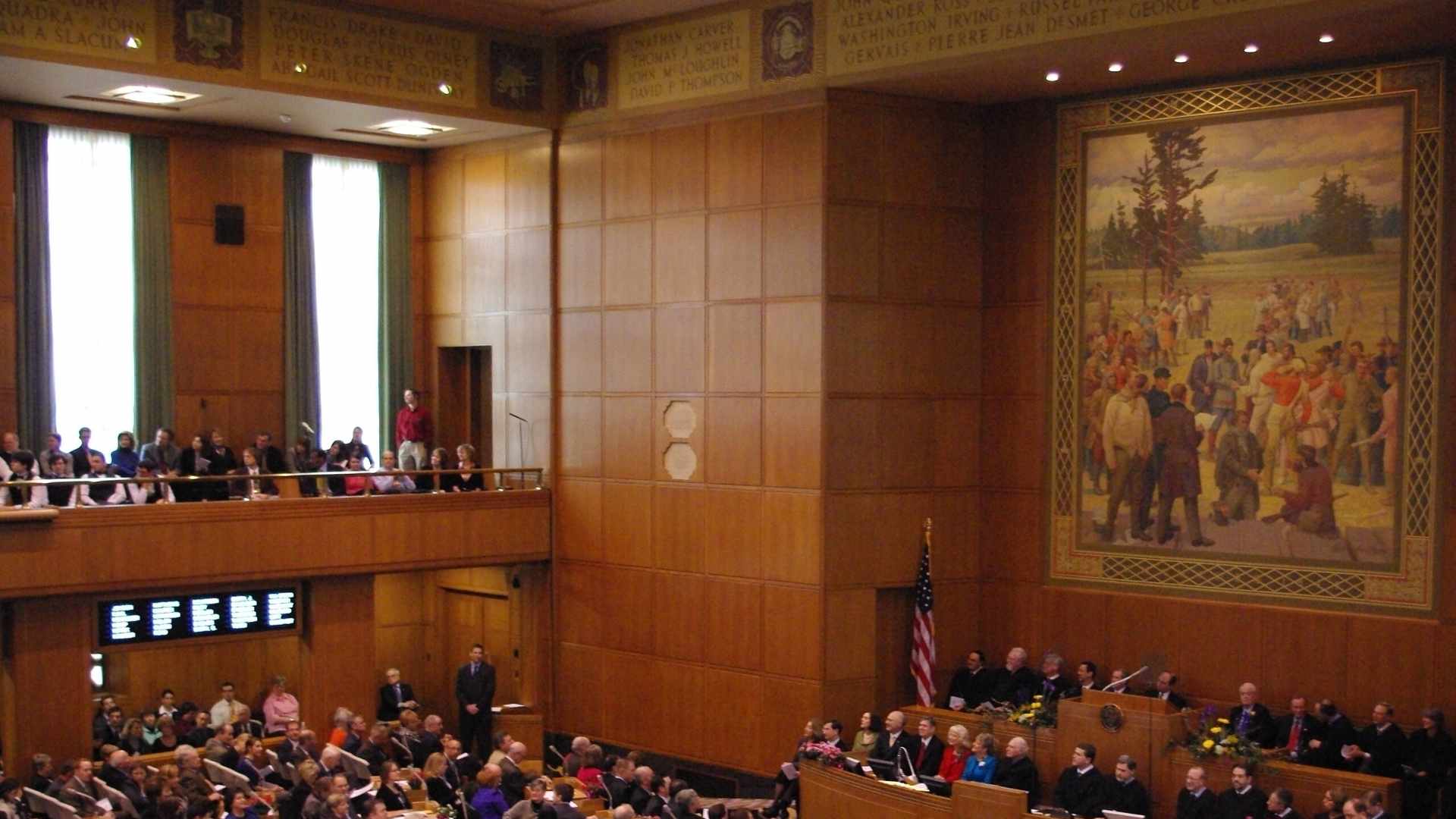
According to AP News, the Oregon senate voted to approve House Bill 4002 with a margin of 21 to 8 on Friday. The previous day the state House had passed it with a 51 to 7 vote.
Now there is only one step left to go, which is getting it signed on the Oregon governor’s desk.
Oregon’s Governor is Likely to Sign

Oregon Public Broadcasting previously reported that the Governor of Oregon, Tina Kotek, expressed willingness to sign legislation that focused on rolling back decriminalization.
“I want to see a proposal that answers a set of questions,” Kotek previously said. “One piece will be criminalization, but if we just look at criminalization in isolation, I think it’s missing the point. So my question is going to be … what else are you going to do different to make sure we have better outcomes?”
An End to an Experiment
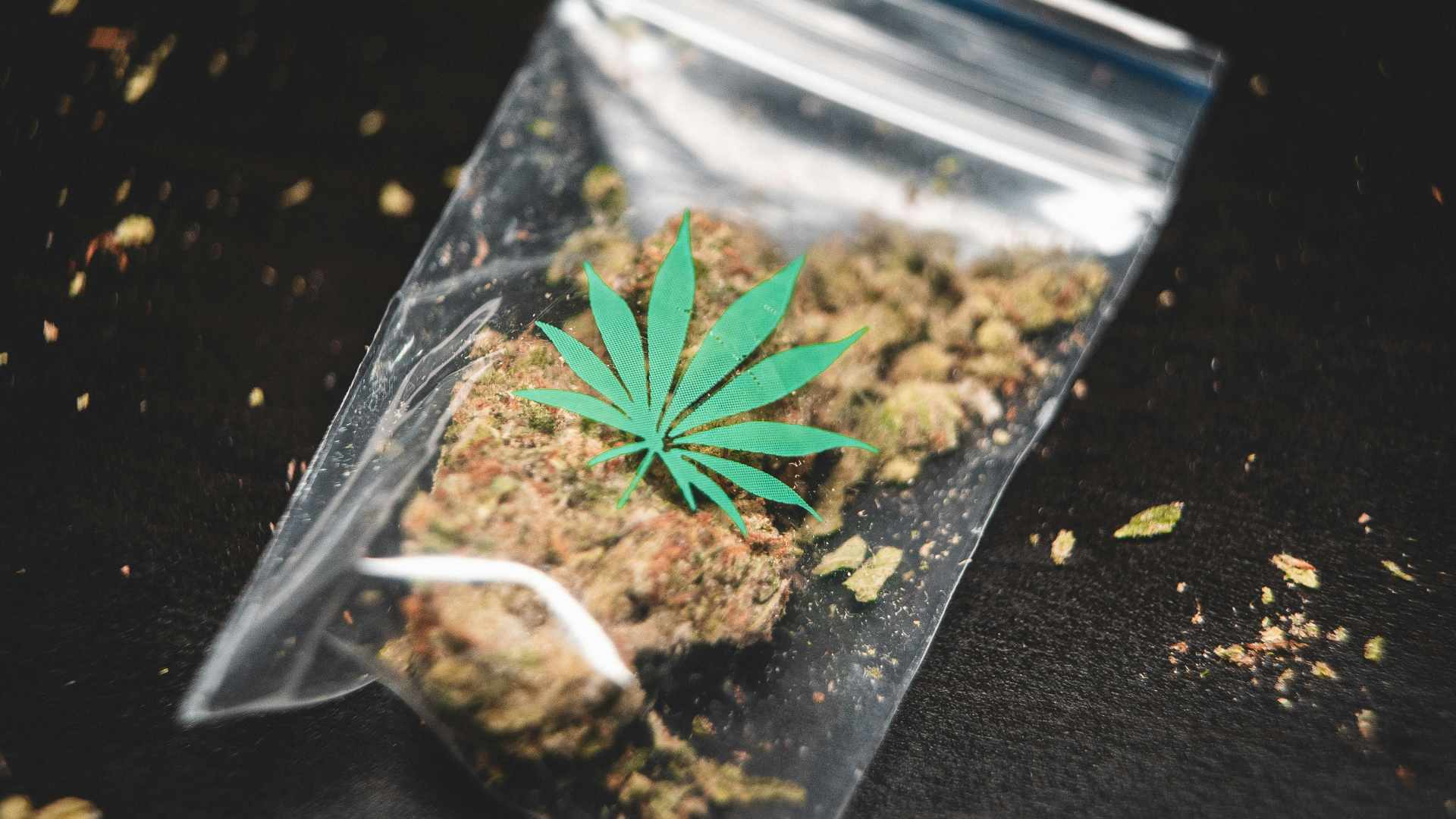
In 2020, drug legalization advocates celebrated the passage of Ballot Measure 110. BM 110 was passed by a majority of Oregon voters, receiving over 1.3 million votes in the affirmative, according to the New York Times.
The ballot measure hoped to reduce the harmful effects of drugs by decriminalizing the possession of them and using marijuana tax revenues to open drug treatment centers and pay for harm-reduction programs.
The Experiment Seems to Have Failed
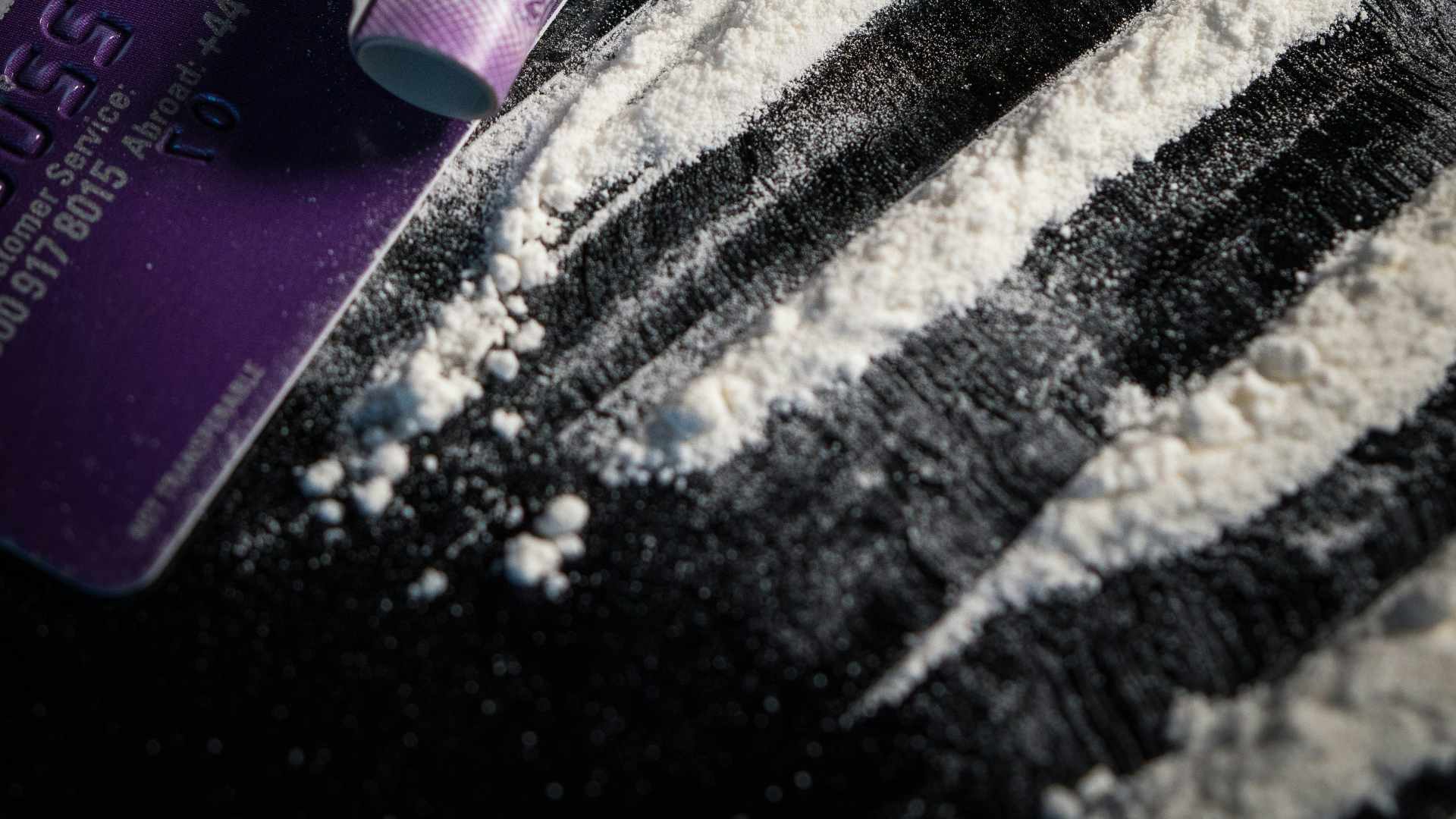
Despite lofty goals, BM 100 seemed to have failed Oregonians. A government audit reported by AP News last year revealed that Oregon has the 2nd highest rate of drug overdoses in the nation and ranks 50th for access to drug treatment.
The tax revenues that were supposed to be funding access to drug treatment were rolling out much too slowly to deal with the crisis, and the easier access to drugs seems to have contributed to a spike in drug abuse and overdose deaths.
Not Living Up to Expectations

Secretary of State Shemia Fangan commented on the audit to reporters at the time, lamenting the failure of BM 110 to channel the funding of harm reduction programs successfully.
“When Oregonians passed Measure 110, we expected that our loved ones battling addiction would have access to treatment and a chance for a better life,” Fagan told reporters in an online conference. “We expected there will be fewer of our neighbors struggling on the streets.” (via AP News)
Pressure from Republicans and Campaign Groups
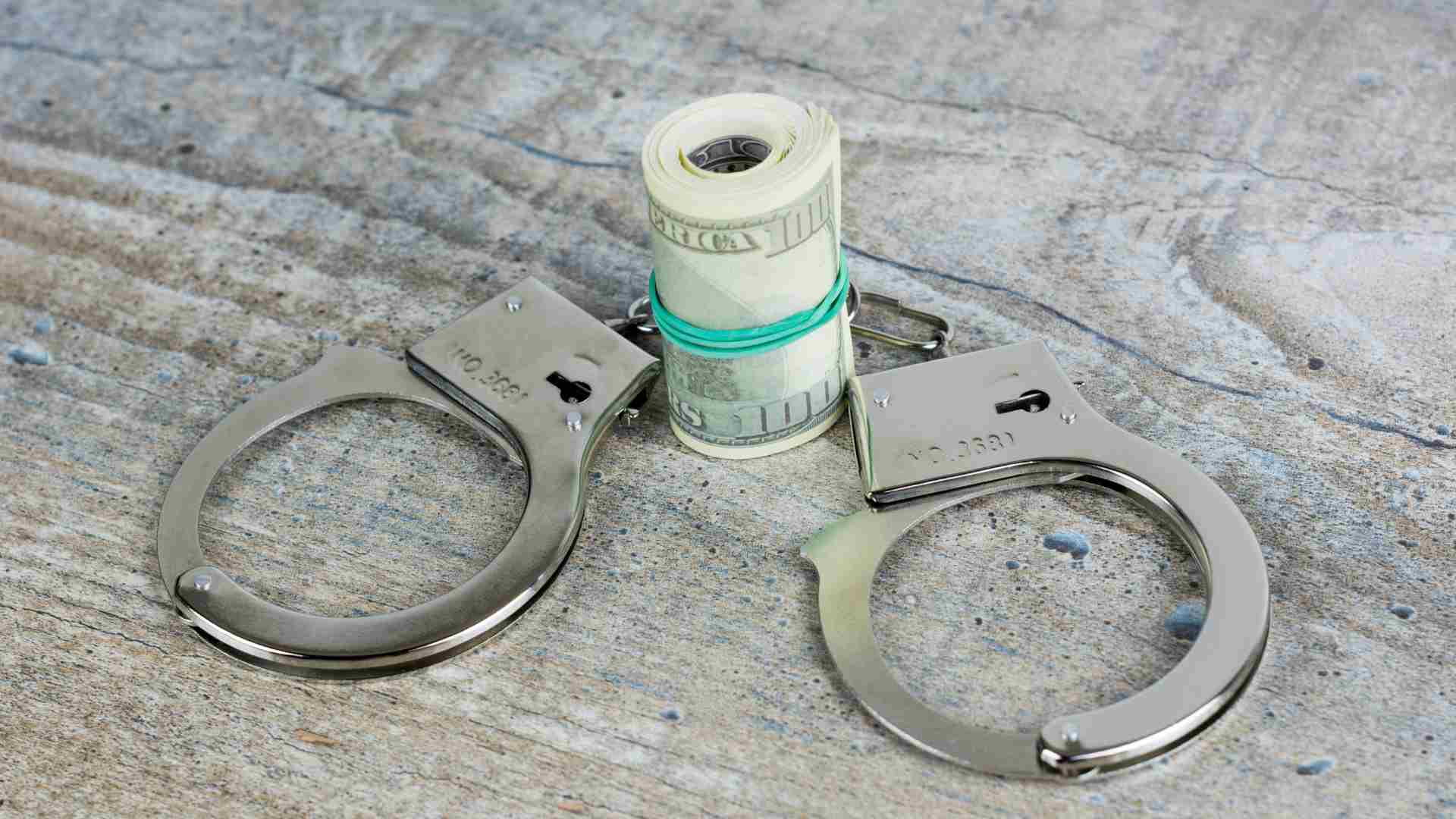
While Democrats ultimately have their hand in recriminalizing drug possession in small amounts, they were under intense pressure from Republicans and campaign groups who are calling for a restriction of BM 110 in the wake of the drug crisis.
Oregon Live reported that February discussions of bills to end the decriminalization experiment in Oregon were spirited and went on for hours. So many people were in attendance that the public hearing spaces were standing-room only.
Return to the War on Drugs
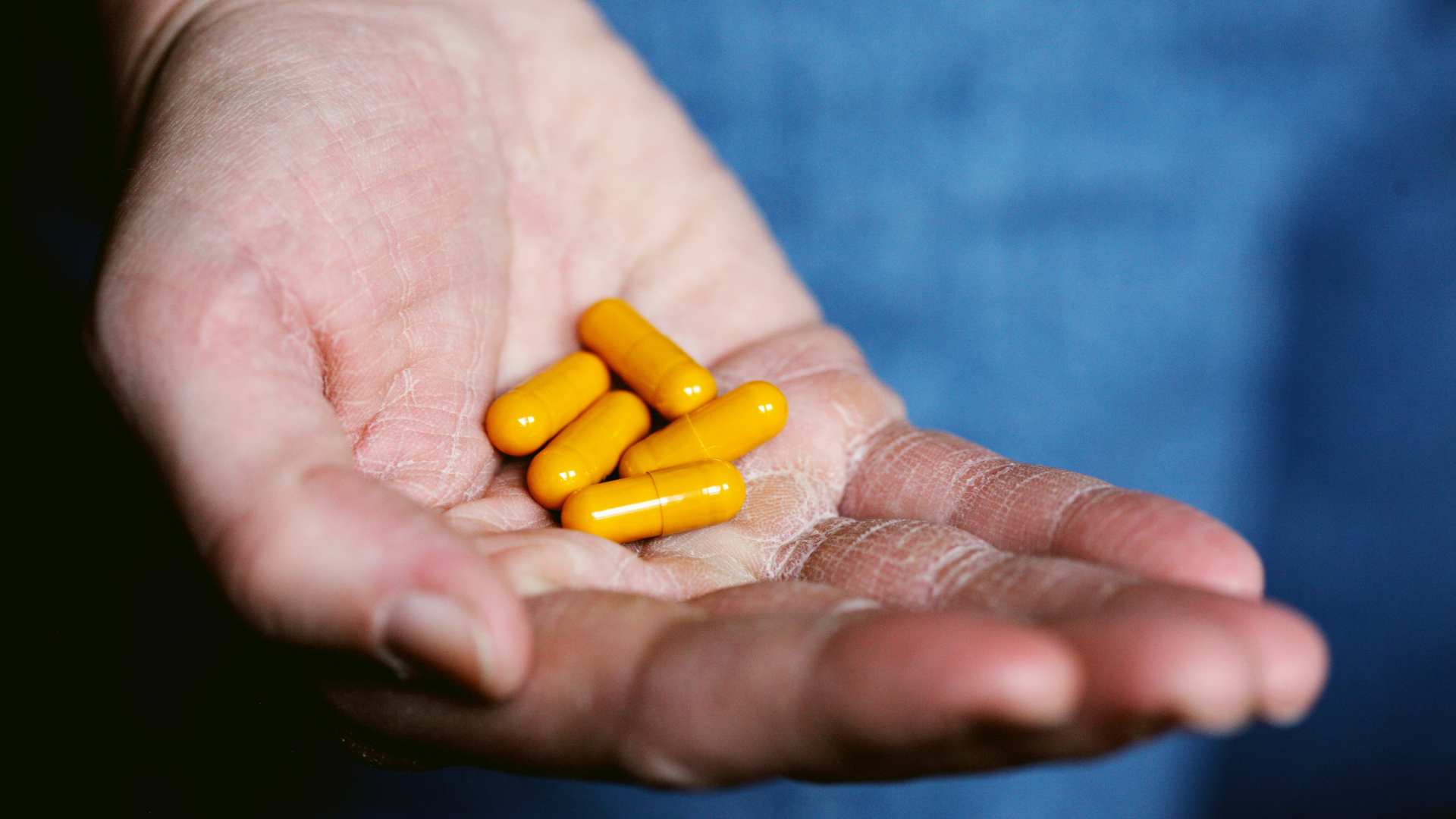
HB 4002 undoes the controversial part of BM 110 which decriminalized the possession of a small amount of street drugs meant for personal uses. Previously, people caught in possession of harmful drugs would have to at most pay a $100 fine, which could also be waived if they participated in a health assessment, according to CNN.
If HB 4002 is signed by the governor it will make the possession of street drugs a misdemeanor crime again. There will be an option for government authorities to divert a person caught with drugs into a treatment program before having to serve jail time. (via Oregon Live)
Objections from Lawmakers
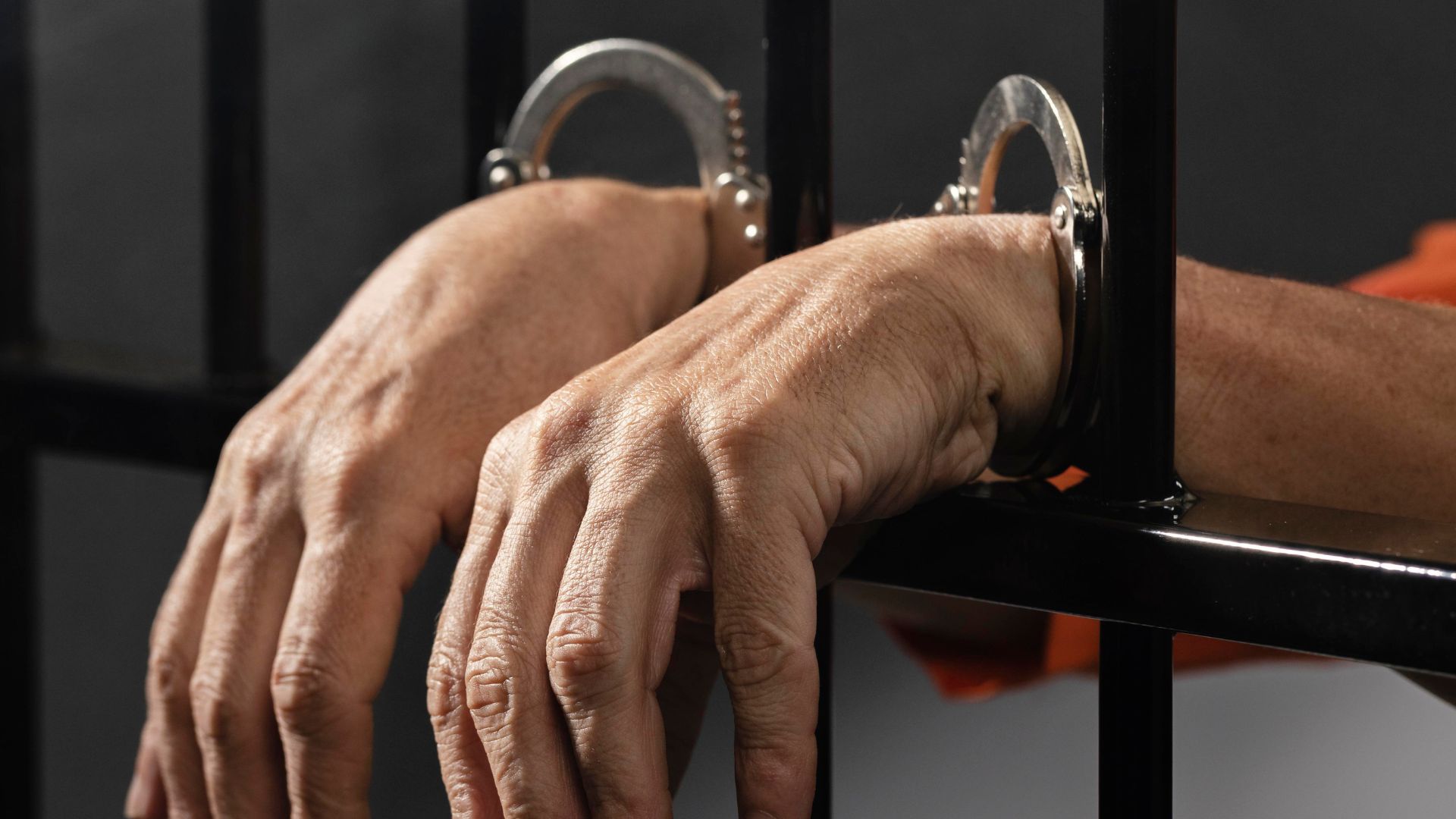
The minority of lawmakers who voted against HB 4002 expressed concern that this bill would be a small step back towards the era of the war on drugs, an era that disproportionally jailed black men for drug offenses at extreme rates.
A Human Rights Watch report from 2000 found that Black Americans comprised 62 percent of drug offenders in state prisons, with seven states having between 80 and 90 percent of people sent to prison for drug charges being Black.
Tactics of the Past
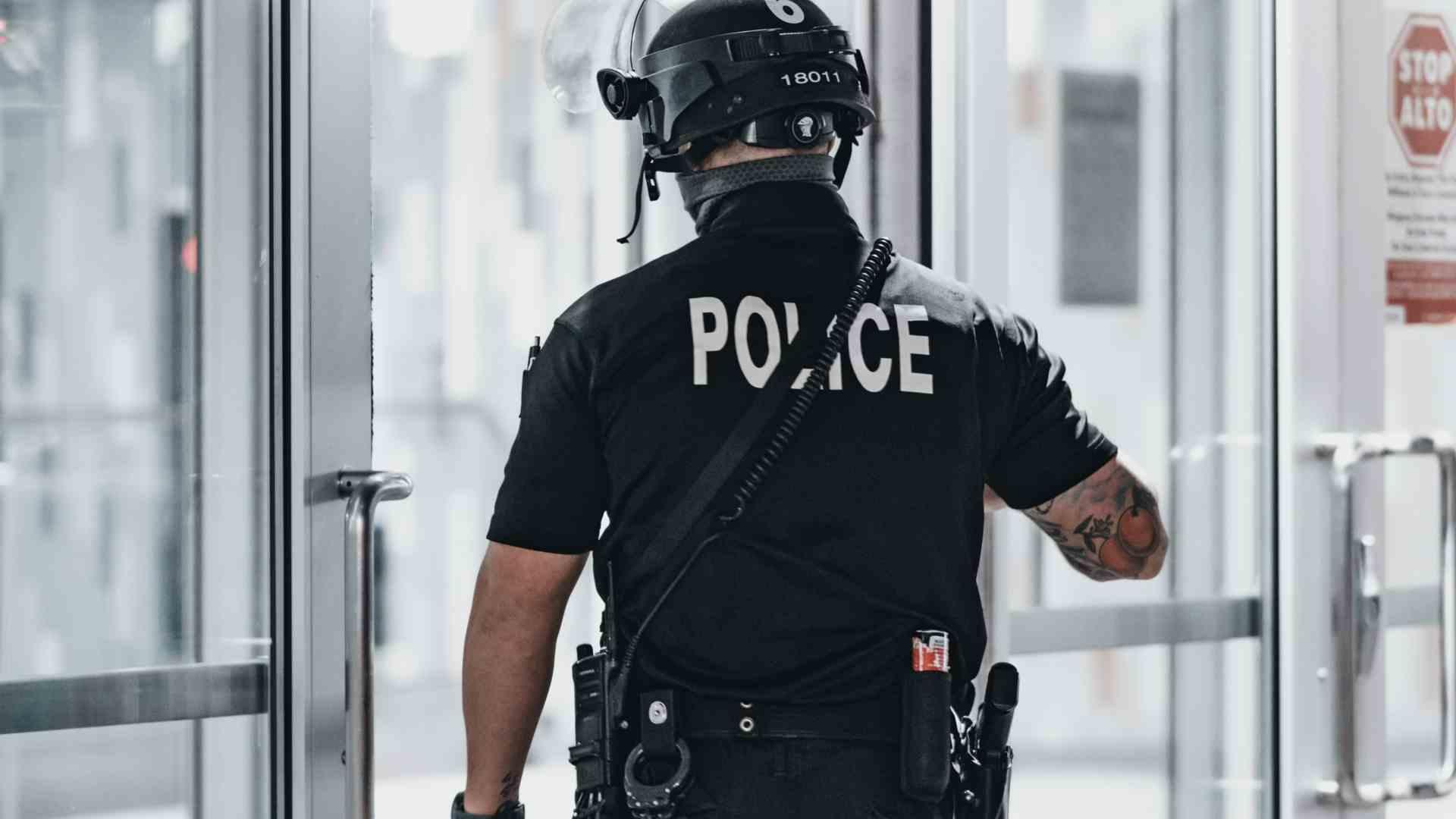
Lew Frederick, a Democrat Senator and one of only four black senators in Oregon was critical of the flaws he saw in the bill.
“I’m concerned that it (the bill) will attempt to use the same tactics of the past, and fail, only to reinforce the punishment narrative that has failed for 50 years,” he said, according to AP News.
It Might Not Be an Ideal Solution

While supporters of HB 4002 point to HB 110’s failure as clear evidence that drug decriminalization doesn’t work, some researchers think that the decriminalization experiment wasn’t given time to run its course, according to AP News.
Advocates of decriminalization point to the fact that arresting people for drug offenses for decades hasn’t solved the problem either.
The Fentanyl Crisis Continues
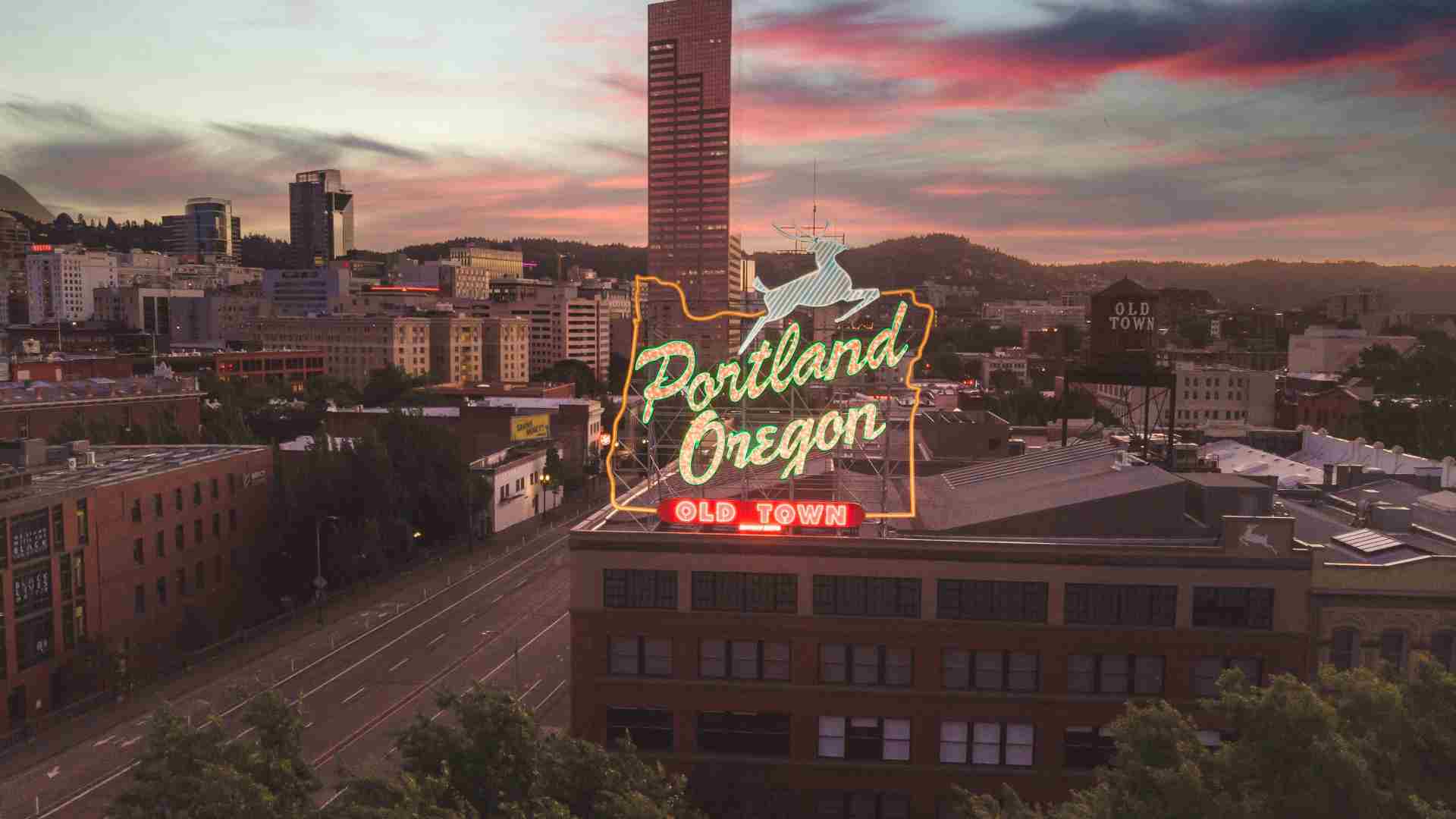
Even with the passage of HB 4002, it’s unclear how much of an effect it will have in clamping down on the rampant drug use in hard-hit Oregon cities like Portland. Speaking in January, Governor Kotek lamented how the state is unsure how to respond.
“Our country and our state have never seen a drug this deadly and addictive, and all are grappling with how to respond,” Kotek said. (via CNN)
